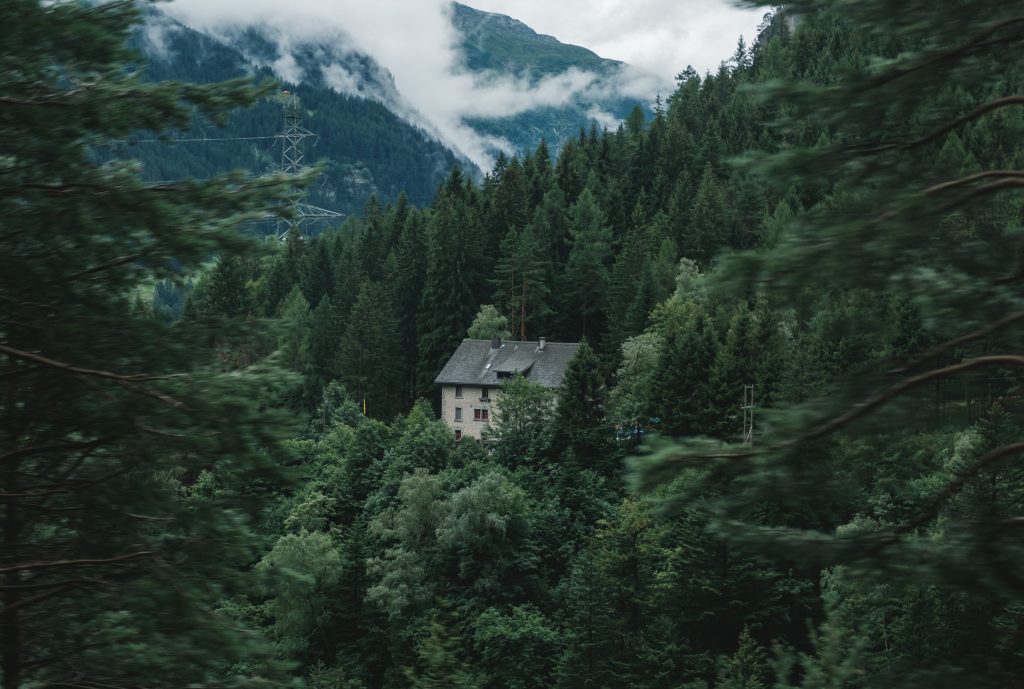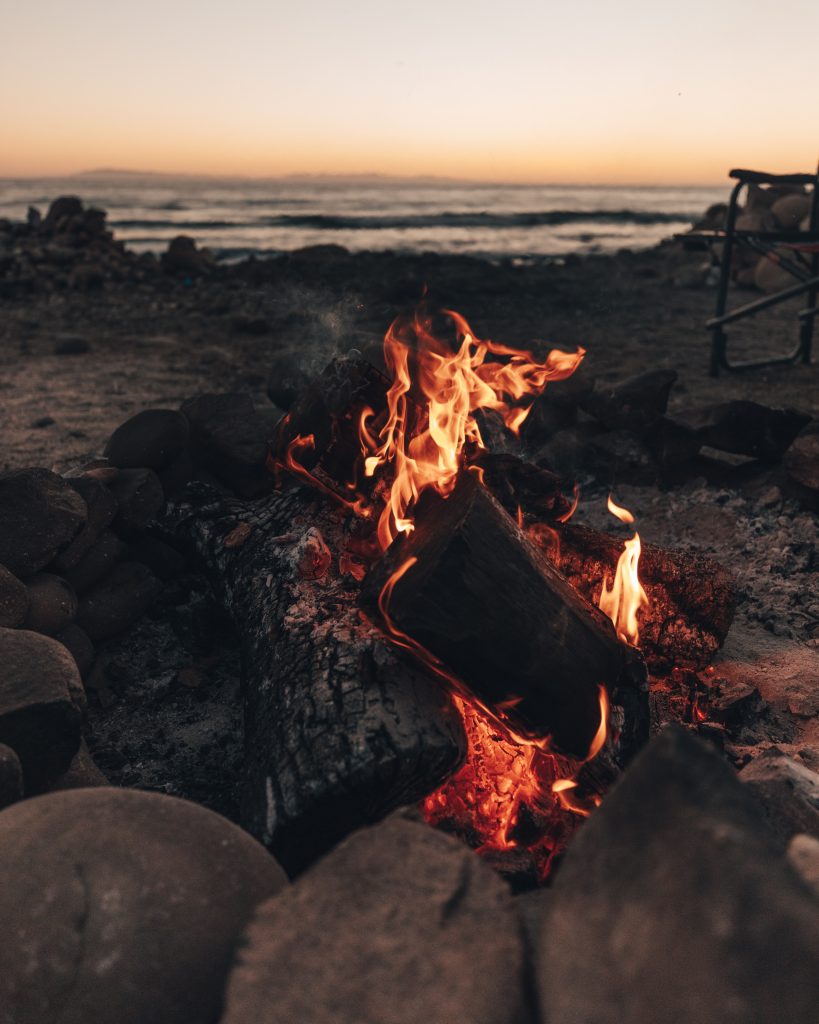Many people worried about climate change and the ways in which energy consumption are affecting the planet are considering the best ways to reduce their own carbon footprint by taking their home off the traditional power grid and using renewable energy for their power needs. If you’ve been thinking about choosing a less traditional route for your home’s power needs, then going off the grid might be the right choice for you.

Here’s what you need to know about how you can take your home off the grid.
Research
Like most home improvement projects, deciding to take your home off the grid should start with research. Spend time considering all of the options for bringing alternate power to your home. These days, the most common source of renewable energy for residential homes is solar, but wind and geothermal power could also be options, depending on where you live and what your power needs are. If you live in town, you also need to consider if there are limits placed on what type of power you can use. There might also be restrictions in the covenants of your HOA if you are a member of a homeowners association. Be sure to take into account all local restrictions before starting any project. You don’t want to invest in an expensive energy project and then be forced to remove it all because it doesn’t comply with local codes.
Planning
Once you have an understanding of the energy source you are going to use, it’s time to map out the specifics of your home’s energy needs. For example, older appliances that are less energy efficient will require much more energy than newer models. You’ll need to consider how much space you have available for solar panels and other equipment, as well as how much energy you use in your home for all of your power needs.
If you want to go completely off grid, you’ll need to have a way to store excess power for nights and days that aren’t sunny. Depending on your climate, you may need additional solar panels to account for shorter days in the winter. You’ll also want to consider an electrical generator or another form of backup power in case of problems with your solar system. Consult with experienced solar providers to understand what type of equipment will best fit your home’s power needs.
Alternatives
If you don’t feel the need to completely detach from the grid, you might be able to opt for a compromise. You can utilize renewable energy without completely detaching from the standard power grid. With solar panels installed, many homes generate more solar energy than they need during the day. If your power company allows it, you may be able to sell the excess energy back to the company. This results in lower bills for you and more renewable energy available for use.
To do this, you must remain connected to the standard power grid, but it gives you the opportunity to use renewable energy and still have the reliable backup of the standard power grid if anything goes wrong. The process and payment for selling excess energy back to an energy company varies greatly, so be sure to research the complete process and understand exactly how it works before making your decision.
Installation
Switching your home from standard electrical power to renewable energy will likely require some amount of overhaul to your current electrical system, in addition to the installation of the equipment required to harvest the energy. It is very important to work with an electrician who is experienced with solar connectivity when completing this portion of the project. Incorrect setup of a renewable energy system can be dangerous and create serious safety hazards in your home.

Finding Your Place Off the Grid
Whatever your reasons for going off the grid and however the process unfolds for you, it is sure to be its own reward. Once you can disconnect and discover this new way of life, you may just find its the best decision of your life. Don’t look back on the days when you were a part of the electrical grid, but look forward to the adventure that is finding your place off the grid.
